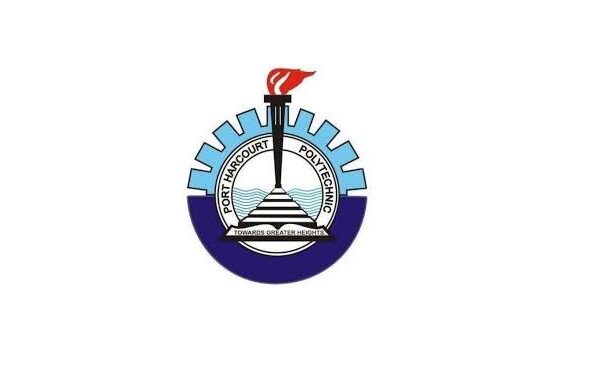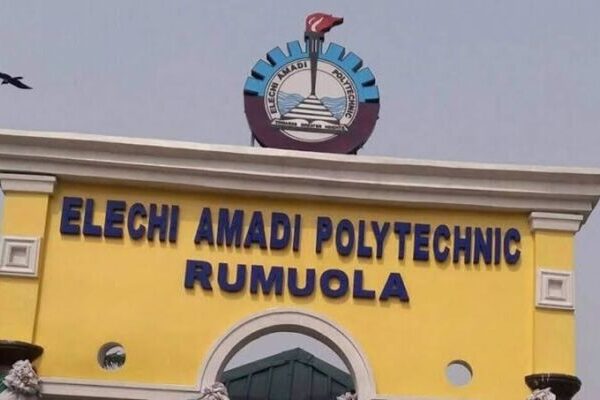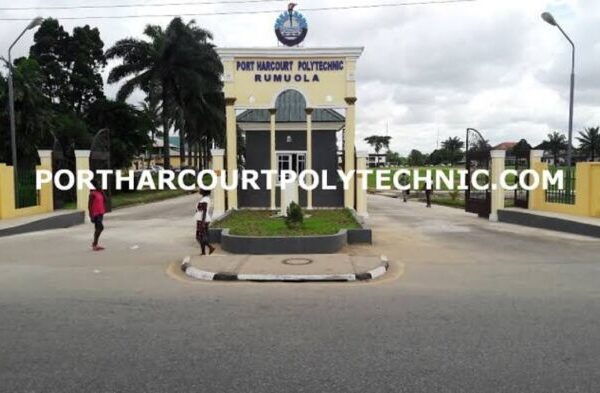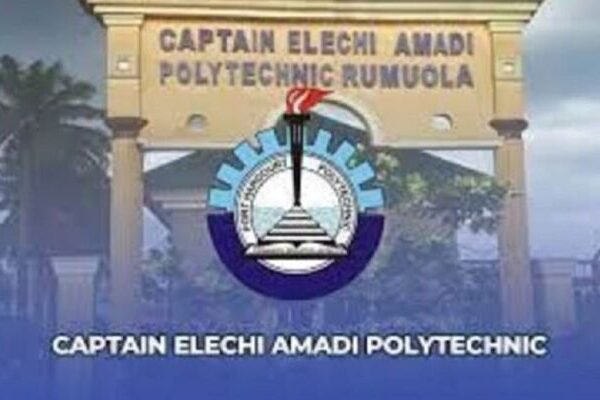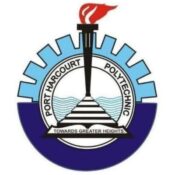
PORT-HARCOURT POLYTECHNIC
About
Port-Harcourt Polytechnic, now known as Captain Elechi Amadi Polytechnic, is a state-owned institution of higher learning located in Port Harcourt, Rivers State, Nigeria. Here are the key details about the polytechnic:
History and Background
- Establishment: The institution was originally established as Port Harcourt Technical Institute in 1987. It later became Rivers State College of Arts and Science before being upgraded to a polytechnic and renamed Port-Harcourt Polytechnic in 2016. In 2019, it was renamed Captain Elechi Amadi Polytechnic in honor of the renowned Nigerian writer and educationist, Captain Elechi Amadi.
- Motto: The motto of the polytechnic is “Knowledge and Skill for Service.”
- Campus: The polytechnic is located in Rumuola, Port Harcourt, the capital city of Rivers State.
Mission
The mission of Captain Elechi Amadi Polytechnic is to provide high-quality technical and vocational education that meets the needs of the society. The institution aims to equip students with practical skills, knowledge, and competencies necessary for self-reliance and professional development. This involves fostering an environment of academic excellence, innovation, and community service.
Vision
The vision of Captain Elechi Amadi Polytechnic is to become a leading institution in technical and vocational education in Nigeria and beyond. The polytechnic aspires to be recognized for its outstanding academic programs, cutting-edge research, and strong partnerships with industry and the community. It aims to produce graduates who are well-prepared to contribute to the socio-economic development of Nigeria and to excel in their chosen careers.
These mission and vision statements guide the polytechnic’s strategic planning and daily operations, ensuring a focus on quality education, practical training, and societal impact.
Objectives
The objectives of Captain Elechi Amadi Polytechnic (formerly Port-Harcourt Polytechnic) are designed to align with its mission and vision, focusing on providing quality technical and vocational education. Here are the primary objectives of the institution:
Provide Technical and Vocational Education: To offer a variety of programs that equip students with the technical and vocational skills needed for the workforce and self-employment.
Promote Academic Excellence: To maintain high academic standards through quality teaching, well-designed curricula, and continuous improvement of educational programs.
Foster Innovation and Research: To encourage innovation and conduct research that addresses real-world problems, contributing to technological advancement and societal development.
Develop Industry-Relevant Skills: To ensure that students acquire practical skills and competencies that are directly relevant to industry needs, thereby enhancing their employability.
Enhance Community Engagement: To engage with the local community through outreach programs, partnerships, and collaborative projects that promote development and address community needs.
Support Lifelong Learning: To provide opportunities for continuous education and professional development through short courses, certifications, and other learning programs.
Cultivate Entrepreneurship: To encourage and support entrepreneurial initiatives among students, helping them to develop business ideas and start their own ventures.
Promote Ethical and Responsible Citizenship: To instill values of integrity, responsibility, and ethical behavior in students, preparing them to be responsible citizens and professionals.
Ensure Inclusive Education: To provide equal access to educational opportunities for all students, regardless of their background, and to support a diverse and inclusive learning environment.
Develop Strong Partnerships: To build and maintain strong relationships with industries, professional bodies, government agencies, and other educational institutions to enhance the quality and relevance of its programs.
Provide Adequate Facilities and Resources: To ensure that students and staff have access to modern facilities, resources, and support services that facilitate effective teaching, learning, and research.
These objectives guide the institution in fulfilling its role as a leading provider of technical and vocational education in Nigeria, committed to producing graduates who are skilled, innovative, and ready to contribute to the socio-economic development of the country.
Academic Programs
Captain Elechi Amadi Polytechnic offers a wide range of programs aimed at providing technical and vocational education. These include:
- National Diploma (ND): Various programs in engineering, technology, business, and arts.
- Higher National Diploma (HND): Advanced programs building on the National Diploma, available in specialized fields.
- Professional Certifications and Short Courses: Tailored programs for professional development and industry-specific skills.
Faculties and Departments
The polytechnic comprises several schools and departments, such as:
- School of Engineering Technology: Civil Engineering, Electrical/Electronics Engineering, Mechanical Engineering.
- School of Business and Management Studies: Accountancy, Business Administration, and Marketing.
- School of Science and Technology: Computer Science, Statistics, Science Laboratory Technology.
- School of Environmental Studies: Urban and Regional Planning, Estate Management.
- School of Technical Education: Programs aimed at training educators in technical subjects.
Admission Requirements
- National Diploma (ND): Requires a minimum of five credit passes in relevant subjects, including English and Mathematics, at the Senior Secondary Certificate Examination (SSCE) or its equivalent.
- Higher National Diploma (HND): Applicants must have completed a National Diploma in a related field with at least a lower credit pass and completed a one-year industrial attachment.
Accreditation and Affiliations
- Captain Elechi Amadi Polytechnic is accredited by the National Board for Technical Education (NBTE) in Nigeria.
- The polytechnic collaborates with various industries and professional bodies to ensure its curriculum is relevant and up-to-date.
Facilities and Resources
- Libraries: The polytechnic has a well-equipped library with a collection of textbooks, journals, and digital resources to support academic research and study.
- Laboratories and Workshops: Equipped for practical training in engineering, science, and technology programs.
- Hostels: On-campus accommodation for students.
- Sports and Recreation: Facilities for sports and other recreational activities to promote a balanced educational experience.
Notable Achievements
- Over the years, the polytechnic has produced graduates who have excelled in various fields, contributing significantly to the development of Rivers State and Nigeria as a whole.
- The institution is known for its commitment to practical and technical education, preparing students for the workforce with the necessary skills and knowledge.
Challenges and Opportunities
- Challenges: The polytechnic faces challenges such as funding constraints, infrastructure development needs, and ensuring continuous accreditation of its programs.
- Opportunities: With the growing demand for technical and vocational education in Nigeria, the polytechnic has opportunities to expand its programs, engage in more research and development projects, and strengthen partnerships with industry.
In Summary
Overall, Captain Elechi Amadi Polytechnic plays a significant role in the educational landscape of Nigeria, particularly in Rivers State, by providing quality technical and vocational education aimed at fostering development and innovation.
Business Amenities
- Car Parking
- Funding: State
Tags
Contact Information
Opening Hours
Contact Business
Contact Business
Additional Information
Additional info



